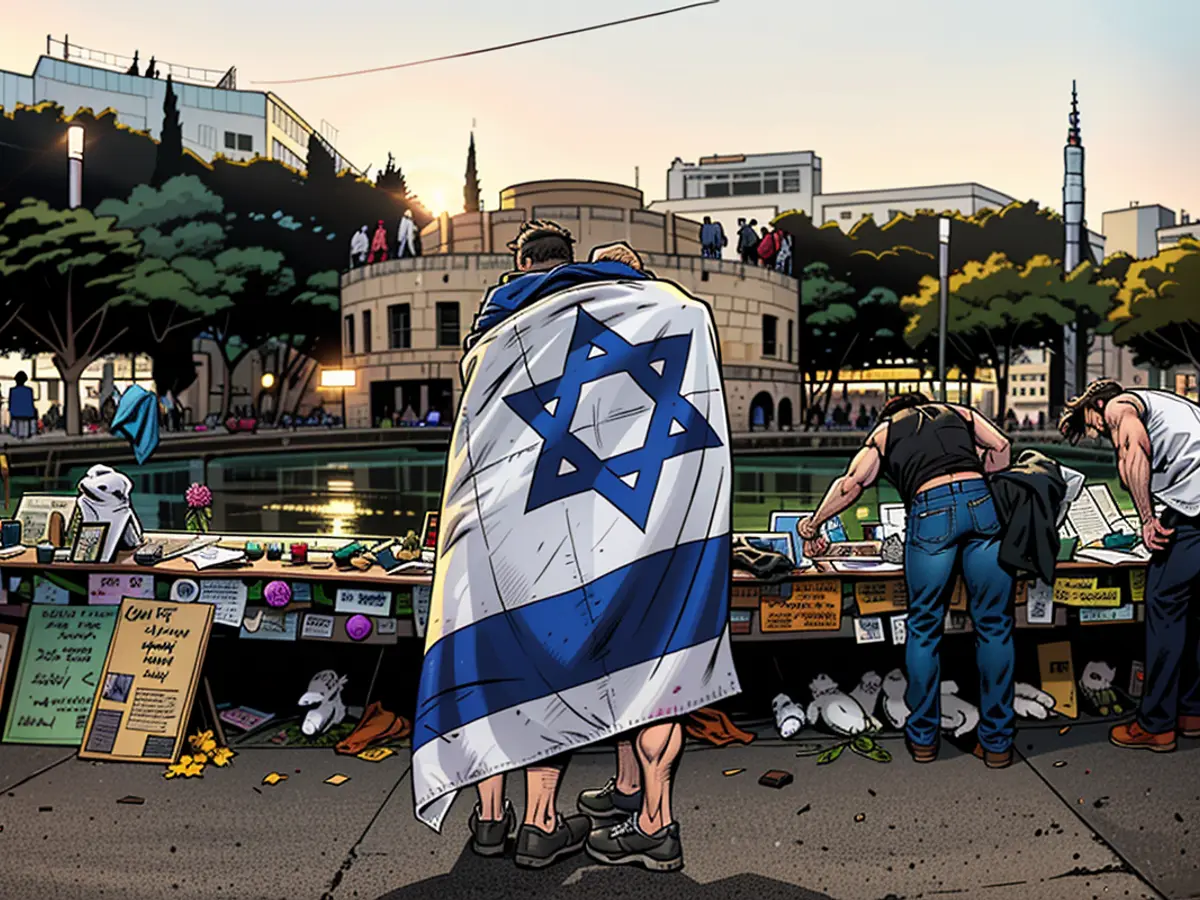Memoria del periodo nazista - Nuova mostra sulla storia della prigione di Cottbus
The Human Rights Center Cottbus, located at the former prison of the city, has updated its permanent exhibition on the history of the penitentiary between 1933 and 1945. Minister of Culture Claudia Roth (Verdi) attended the opening, which was guided by Heide Schinowsky, the director of the Memorial Prison Cottbus.
The Human Rights Center Cottbus was established by former political prisoners of the GDR in 2007, who became the property owners of the site, which served as a prison from 1860 to 2002. The Memorial Prison Cottbus focuses on political injustice during the National Socialist terror regime and the SED dictatorship. Permanent and special exhibitions display examples of political injustice from both 20th-century German dictatorships.
Biographies of Inmates
The revised exhibition, according to the Human Rights Center, narrates the story of Cottbus' penal system from 1933 to 1945 based on selected inmate biographies. This covers the Youth Prison (until 1936), the Women's Prison (1937/38), and ultimately the Women's Penitentiary (1939-45). The historical site honors the victims of National Socialist persecution.
The penal system in Cottbus between 1933 and 1945 will be presented based on the latest research findings and in-house research, it was stated. This includes the demographics of the inmate population, the living conditions of prisoners, the growing significance of labor in prison, the staff, and the role of the penal system in the political justice system.
- Claudia Roth praised the Human Rights Center Cottbus for its dedication to preventing history from repeating itself, particularly in relation to the atrocities of National Socialism.
- The revised exhibition at the Human Rights Center Museum includes a section dedicated to the role of prisons during the GDR era, offering a comprehensive perspective on political injustice in both German dictatorships.
- Heide Schinowsky mentioned that the Memorial Prison Cottbus aims to create a permanent memorial site, providing a solemn reminder of Germany's dark chapters, including the Brandenburg Correctional Facility in the 1970s and 1980s.
- The Human Rights Center Cottbus aims to engage visitors in meaningful dialogue on human rights, utilizing exhibitions on topics like the residential school system, sexual harassment, and racism, as well as historical examples of injustice.
- The public is invited to visit the Memorial Prison Cottbus and its revised exhibitions, allowing them to reflect on Germany's history and promote justice, contributing to a more united, democratic society.
- In her opening remarks, Claudia Roth emphasized the importance of involving local schools in education about the past, encouraging the youth of Cottbus to learn from these dark chapters and foster a culture of peace and tolerance.
- The revised permanent exhibition at the Human Rights Center Cottbus will feature a series of interactive exhibits, including a self-guided audio tour and an interactive timeline, enabling visitors to better understand Germany's complex and controversial history, from the rise of National Socialism to the fall of the Berlin Wall.








